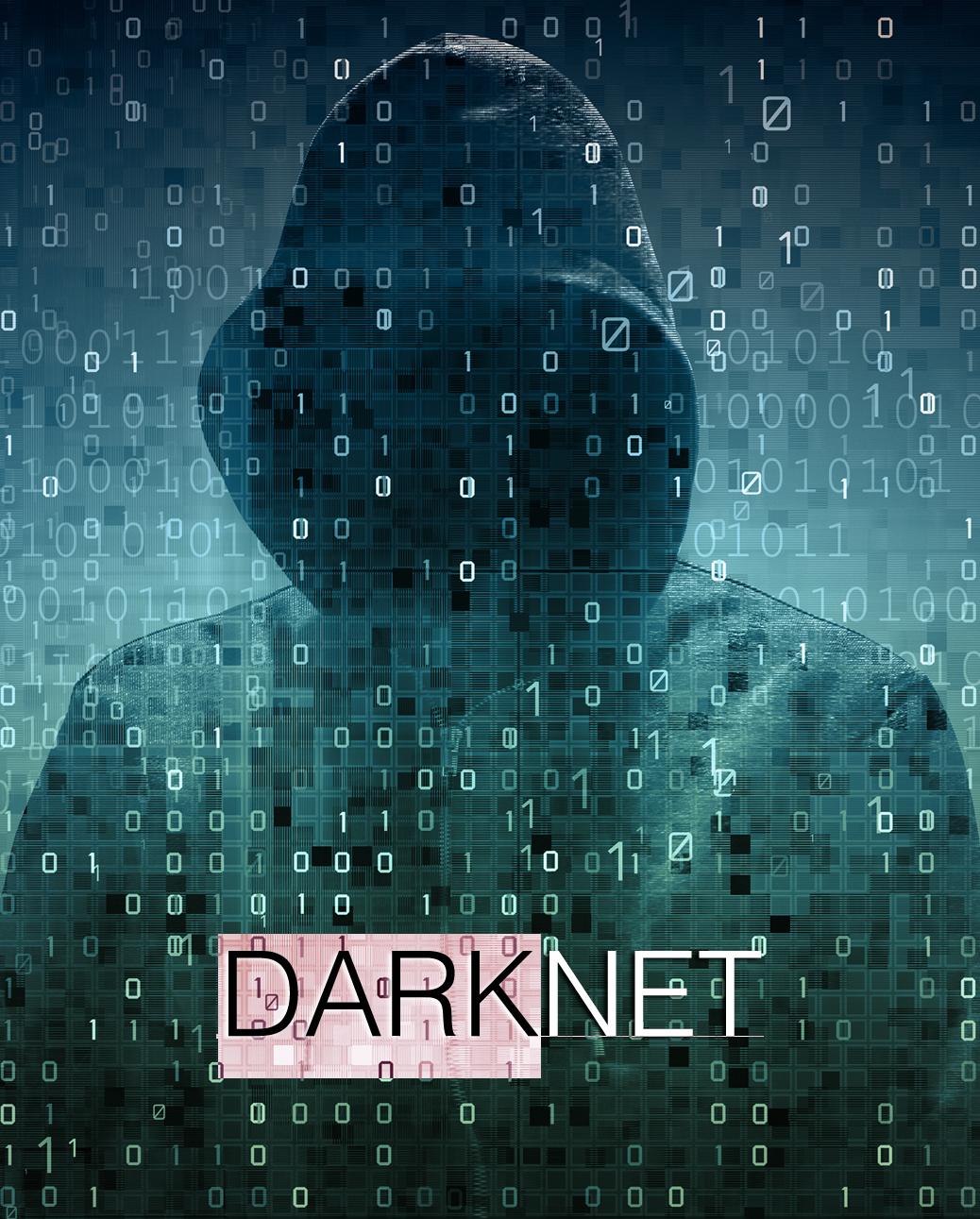In an era where digital privacy is becoming an increasingly rare commodity, the rise of BlackOps darknet stands as a formidable example of how the future of privacy may evolve. This elusive and cutting-edge network, often touted as the next frontier in privacy, is redefining how individuals and organizations secure their sensitive data in a world that is rapidly shifting toward surveillance and data commodification. At its core, BlackOps darknet offers a level of anonymity and encryption far beyond what is currently available through mainstream services. Unlike typical encryption methods used by regular digital platforms, the BlackOps darknet uses multiple layers of obfuscation, making it extraordinarily difficult for anyone, including governments and hackers, to trace or intercept communications. This type of privacy-focused network is powered by sophisticated technologies such as onion routing and peer-to-peer P2P networks, which further complicate any attempts at surveillance. One of the most important aspects of BlackOps darknet is its decentralized nature. Traditional networks often rely on central servers, creating vulnerabilities that can be exploited by cybercriminals or government entities.

The decentralized model employed by Blackops url ensures that no single point of failure exists, making it significantly more resistant to both internal and external threats. This means that data transmissions are distributed across various nodes and routes, making it virtually impossible for anyone to intercept or disrupt them without considerable effort. BlackOps darknet is also leading the way in terms of providing a safe haven for individuals who are concerned about their digital footprint. In a world where social media platforms, email services, and even online shopping sites track and store vast amounts of personal data, BlackOps darknet provides an environment in which users can communicate and transact without leaving behind any traceable information. This has become particularly important for activists, journalists, and dissidents in authoritarian regimes, who often face the risk of surveillance and retribution for their online activities. The evolution of digital privacy has become increasingly essential as the world becomes more interconnected. Governments, corporations, and malicious actors are continuously looking for ways to collect, analyze, and exploit personal data.
The BlackOps darknet, by providing a secure space for digital interactions, is ensuring that individuals can maintain their right to privacy. Furthermore, its use of advanced cryptographic techniques guarantees that the data exchanged within the network remains confidential, even in the face of evolving cyber threats. As digital privacy concerns continue to grow in the face of mounting surveillance efforts, BlackOps darknet is emerging as a leader in the battle for secure communication. With its commitment to anonymity, encryption, and decentralization, it provides a glimpse into a future where individuals have greater control over their data and digital identity. While challenges remain, particularly in terms of its accessibility and potential for misuse, BlackOps darknet stands at the forefront of a new era in which privacy is no longer a luxury but a fundamental right for all digital citizens. BlackOps darknet is a game-changer for anonymous communication due to its decentralized structure, advanced encryption protocols, and its ability to offer a highly secure and private communication environment.